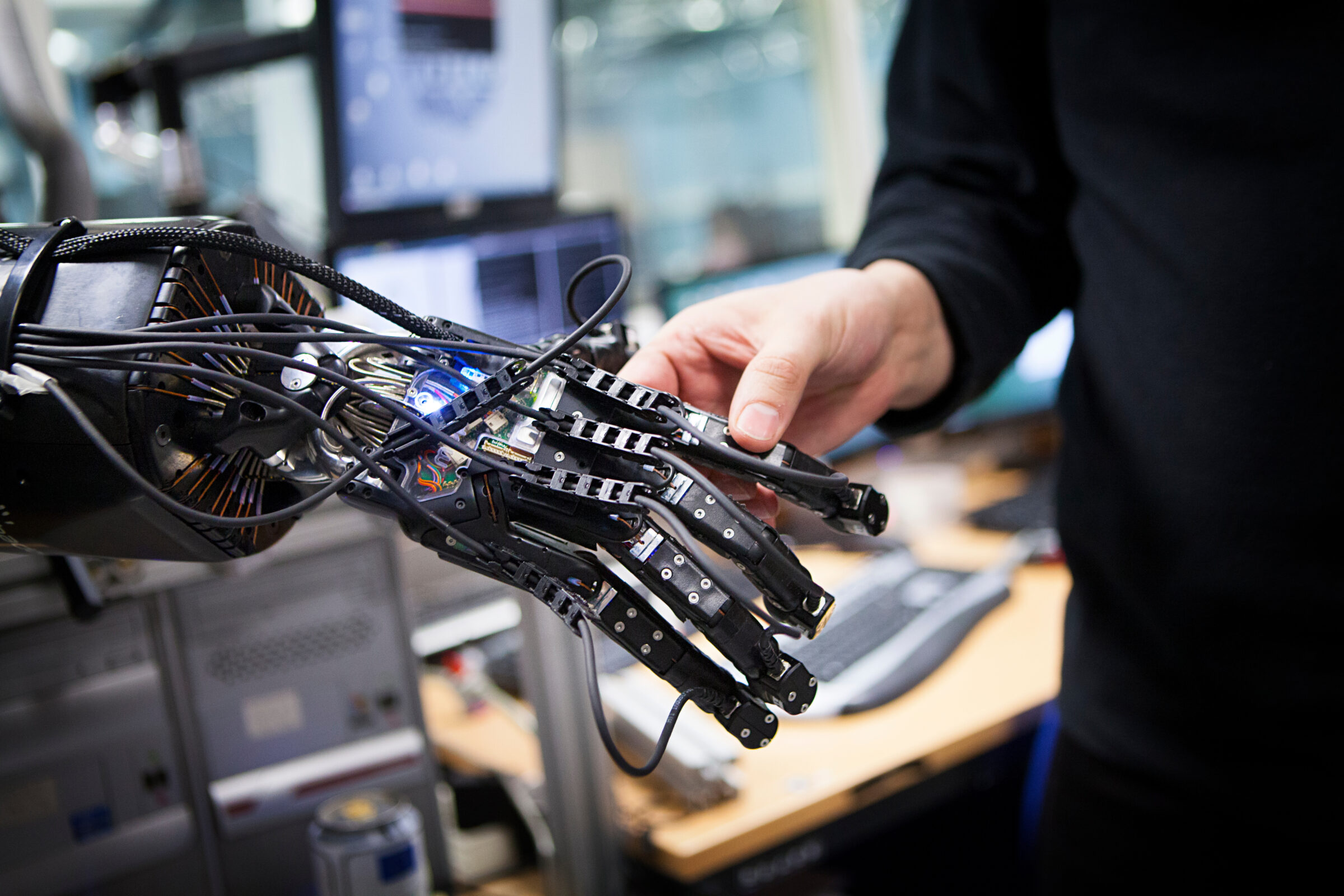The Fantasy of Living Forever in a Computer
Originally published at National ReviewTranshumanists pursue the dream of immortality by hoping to upload their minds into computers — as if the mimicking software would be them. No, it would be a computer program, nothing more. They would still be dead and gone.
And here’s another somewhat less ambitious approach to the same goal. Apparently a company is developing technology that would allow you to speak to loved ones after you shuffle off this mortal coil. From the Vice story:
The founder of a top metaverse company says that the fast-moving development of ChatGPT has pushed the timeline for one of his most ambitious and eccentric projects up by a matter of years. In an interview with Motherboard, Somnium Space’s Artur Sychov said a user has started to integrate OpenAI’s chatbot into his metaverse, creating a virtual assistant that offers a faster pathway for the development of “Live Forever” mode, Sychov’s project to allow people to store the way they talk, move, and sound until after they die, when they can come back from the dead as an online avatar to speak with their relatives.
Leaving aside the narcissistic aspect of people continually having themselves recorded, “they” wouldn’t be “back.” The deceased would still be dead. The AI reproduction would merely be a more sophisticated remembrance of the dearly departed than is available now, akin to a precious photo or video, nothing more.
Immortality cannot be attained in the corporeal world. If eternal life is attainable, it will be found by working on one’s soul in faith, not by developing ever-more-advanced AI computers.
